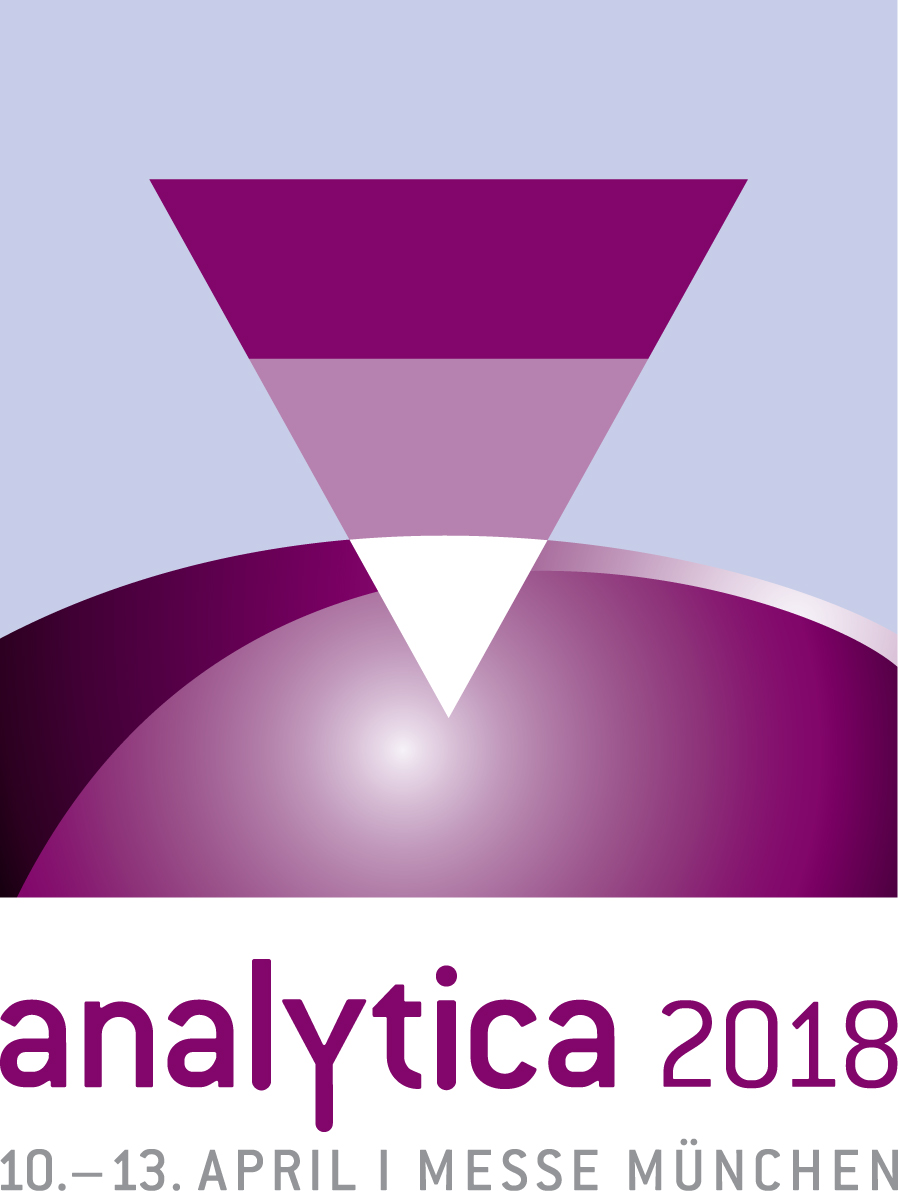Meet the 10 Most Powerful Women in Science and Health
For the fifth consecutive year, Angela Merkel, German Chancellor, tops the list, with presidential hopeful Hillary Rodham Clinton coming in second, and Melinda Gates third. The 2015 list also includes 19 newcomers.
According to Forbes, four metrics were applied to determine rank: money, media, impact and spheres of influence.
Of considerable note, 27 of the world’s 100 most powerful women, according to the list, have started or are leading STEM (science, technology, engineering and math) companies. Of those, eight are in the top 25 and 14 are in the top 50.
Of course, the T in STEM, or the technology category, boasts the most recipients, with the likes of Sheryl Sandberg (Faceboook), Susan Wojcicki (Google/YouTube) and Ginni Rometty (IBM), among others.
But given the scope of Laboratory Equipment, I think it’s important to highlight women on the list who are in the science and health care industries, specifically. In this two-part series, we are going to look at the 10 most powerful women in science and health today. Check out the first five below, and the second five tomorrow morning.
NEW FRONTIERS
No. 20: Marillyn Hewson, CEO of Lockheed Martin, ranks No. 20 on the list. Lockheed Martin is a global aerospace, defense, security and advanced technology company. Hewson earned her Bachelor of Science degree in business administration and her Master of Arts degree in economics from the University of Alabama. She also attended the Columbia Business School and Harvard Business School executive development programs.
Hewson joined Lockheed Martin in 1983, moving up the ranks until she was appointed CEO in January 2013. According to Forbes, to combat declining U.S. defense spending, she has cut costs and branched out into growing industries, like cybersecurity and alternative energy. Hewson was ranked No. 21 on the 2014 Forbes list.
Additionally, according to Forbes, in conjunction with President Obama’s “My Brother’s Keeper” program, Emerson Collective and its partners announced a $50 million commitment in July 2014 to collaborate with certain school districts to design better high school programs.
EYE ON SUSTAINABILITY
No. 46: The first woman to lead Harvard University, Drew Gilpin Faust has been at the helm since 2007. Forbes credits Faust for Harvard’s increasing involvement in sustainability. This year alone, she awarded grants totaling $800,000 to Climate Change Solutions Fund awardees, an organization aimed at addressing climate change through innovation and interdisciplinary research.
Faust graduated from Bryn Mawr College in 1968, not being allowed to follow in her father and brothers’ Princeton footsteps because of her gender (Princeton began accepting female students in 1969, five years after Faust graduated high school). She graduated magna cum laude with honors in history. Faust then attended the University of Pennsylvania for graduate work, earning her MA in 1971 and her Ph.D. in American Civilization in 1975.
A HEALTHY FUTURE
No. 62: Margaret Chan, Director-General of the World Health Organization, didn’t have the best year—which may explain her drop from No. 30 in 2014 to No. 62 this year. She received a lot of flak for her organization’s handling of the Ebola crisis in West Africa, which killed more than 10,000 people, and even made its way over to the U.S.
WHO did issue a mea culpa of sorts, and has said it is working on better intervention plans for possible future epidemics. Chan has been at the helm of WHO since 2006. She is currently serving her second five-year term.
PERSONAL PASSION
No. 72: Elizabeth Holmes, a Stanford University drop-out, sits at No. 72 on Forbes’ 2015 list. Personally, I find the $4.6 billion, self-made youngest female billionaire the most interesting person on the list. Forbes also ranked her No. 1 on its America’s Self-Made Women list.
The 31-year old is the founder and CEO of Theranos, a consumer health care company that manufactures inexpensive and easy-to-use blood tests at a fraction of the cost of commercial labs. According to Forbes, Holmes’ uncle died from cancer because it wasn’t caught early enough, motivating her to develop a way to potentially detect diseases earlier. In 2013, Walgreens, the largest U.S. retail pharmacy chain, announced plans to roll out Theranos Wellness Centers inside its pharmacies. So far, there are 41 Theranos labs in California and Arizona. Holmes founded the company in 2003. She is a newcomer to Forbes’ list.

















